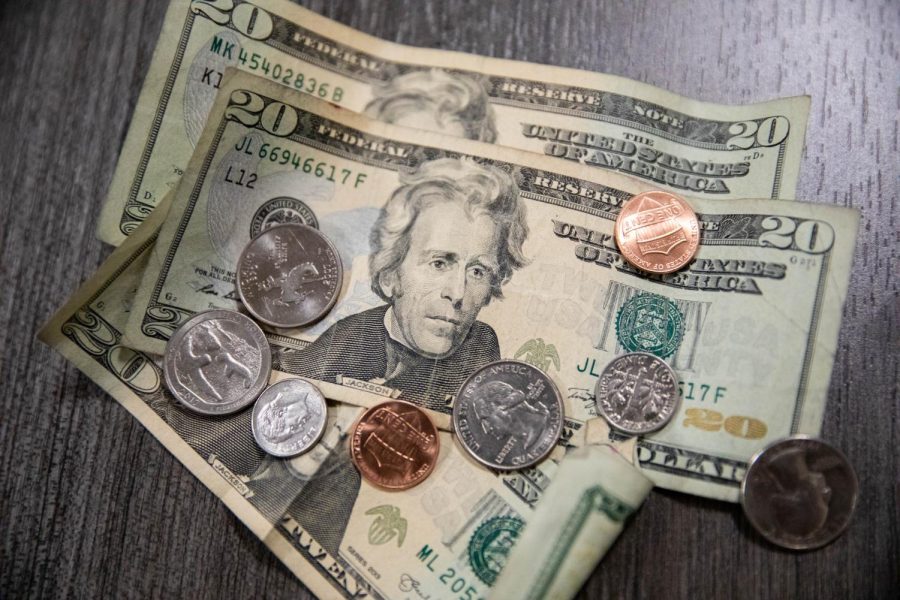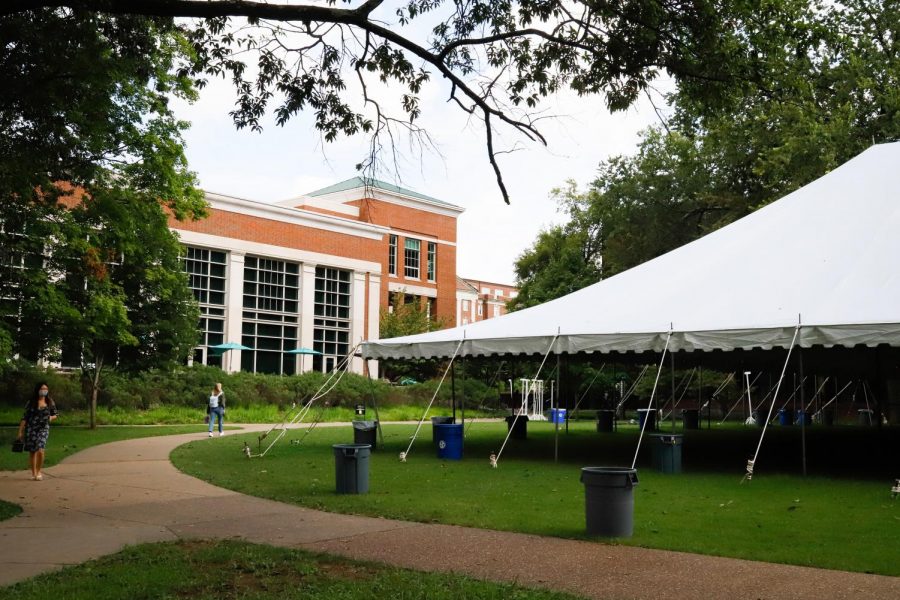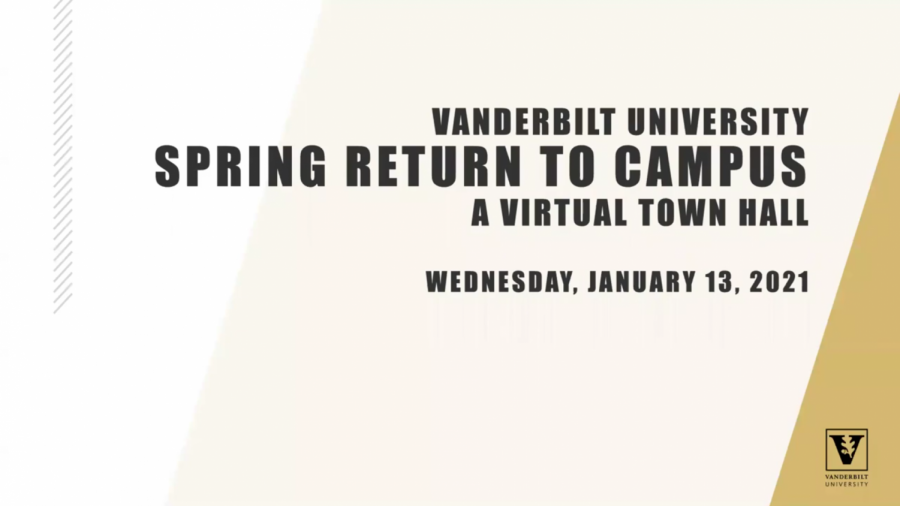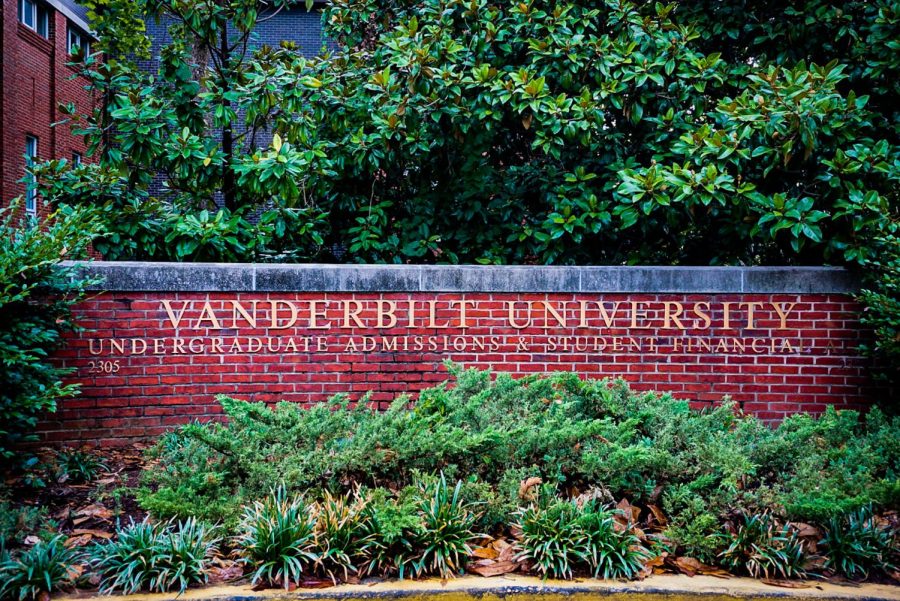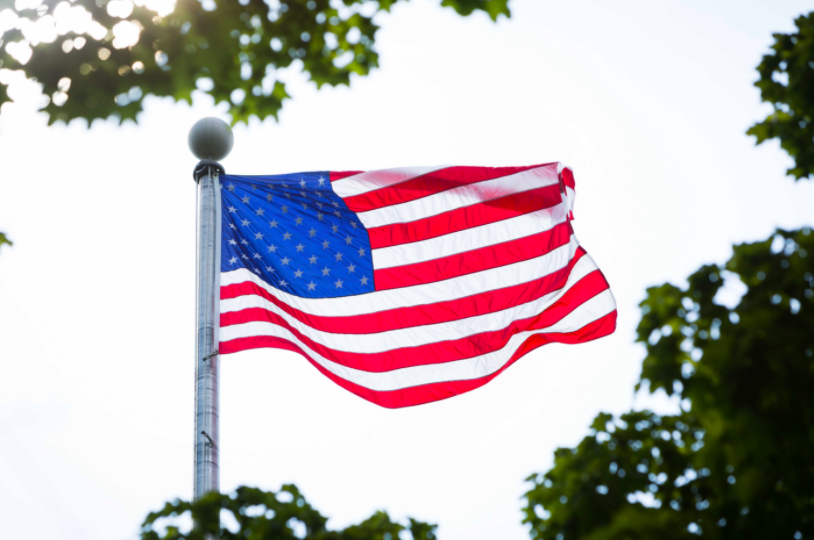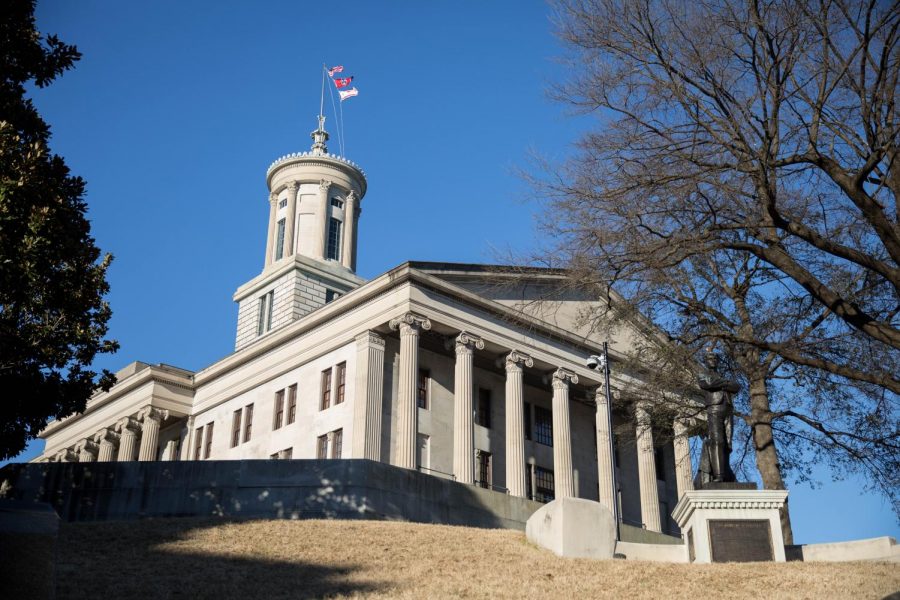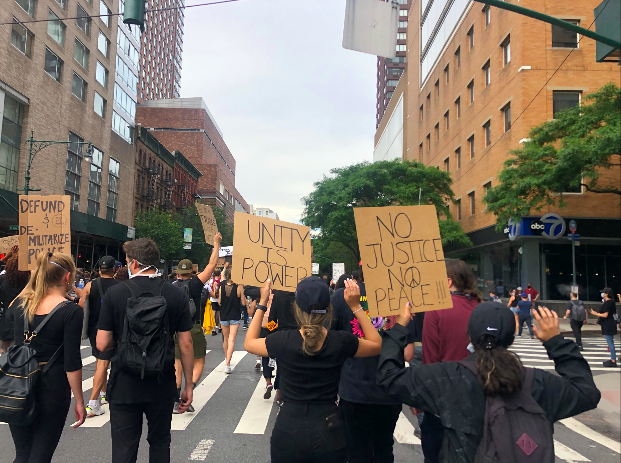After a long period of denying reality, the Trump administration is finally taking the coronavirus pandemic seriously. Late last month, the administration began changing its posture, transitioning away from downplaying the scope of the outbreak to taking aggressive action to fight its spread and economic effects. Recently, Trump signed into law an $8.3 billion spending package which ramps up Centers for Disease Control funding, vaccine research and development along with aid to state and local governments. This bill also expands the social safety net, increasing spending on paid sick leave and food stamps. Additionally, Trump’s Treasury Secretary, Steve Mnuchin, has committed to making billions of dollars of cheap loans available to struggling businesses. And most starkly, Trump has been actively pursuing a direct cash infusion for most Americans in the form of a check that could be as large as $2,000 per person.
In a lot of ways, sending a check to many Americans makes sense. It would allow for those living paycheck-to-paycheck to complete rent and utility payments. It would inject spending money into a contracting economy. It would cover other government obligations, including welfare in the form of food stamps. In short, we have an economy that’s short on cash. Why not just put cash into the system?
There’s a fatal flaw in this demand-side solution. Sure, the federal government has responded to the threat of recession with massive spending aimed at ordinary Americans. After the Great Recession, President Obama, in one of his first major acts as president, signed a massive stimulus package. The administration spent billions of dollars to finance unemployment benefits, education, healthcare and a whole lot more. These hundreds of billions of dollars in spending and tax cuts helped ease the country during the recession and averted middle class wealth loss. But there’s a fundamental difference between then and now. Back then, we had places to spend the money the government gave us. Today? We’ve got nowhere to go.
Take it from me. I’m quarantined. If the government sent me a check or gave me a massive tax break, what would I do with it?
Well, the stock market is tanking, so I wouldn’t invest it. And I can’t go out and spend it—I’m trapped inside. I’d probably save it, leaving the government’s investment in me on my shelf. And while most of y’all aren’t quarantined, if you’re following the instructions of both the scientific community and the White House, you should be practicing social distancing. That means avoiding contact with large groups of people and limiting time outside the house. So even if you could spend your money, you definitely shouldn’t go shopping. And while online shopping may present one outlet for the cash, e-commerce only represents about ten percent of total retail spending; additionally, huge numbers of businesses would be unable to move their sales online.
So what should the Trump administration do? For one thing, it’s already taking steps in the right direction. White House officials are evaluating a trillion dollar bailout package that includes billions of spending on small businesses along with a targeted loan program to the particularly hard-hit airline industry. Such relief draws on the success of bank bailouts during the Great Recession. But if the administration is to be successful with this massive government intervention, it must recognize this reality: the wheels of the economy won’t just start spinning again.
Throwing money at people won’t make them able to spend it. If you’re trying to prevent the spread of coronavirus, you’re not boosting the economy, in effect wasting vast sums of government money. The Trump administration should instead expand its past increases in the social safety net, including further ramping up food stamps and sick leave. While these measures and other forms of relief won’t save the economy, they allow the poor to pay for food and help the employed middle class pay its bills.
Americans need to be paid for their work. Businesses need bailouts and cheap loans. The economy needs money. But it would be dangerous and wasteful to send out billions of dollars worth of checks to the American people with no guarantee that they’ll use it.












